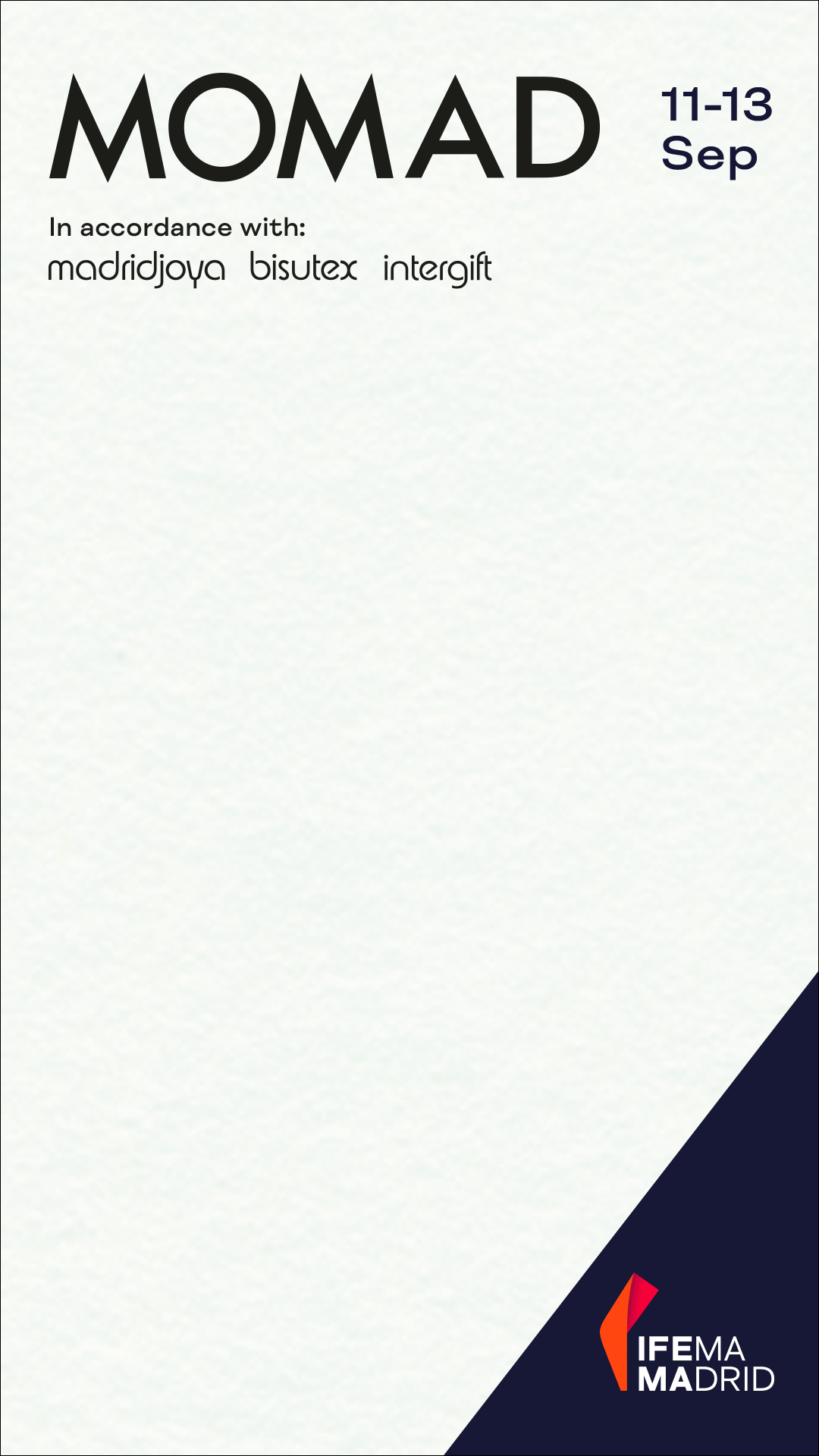
The most innovative Materials of the Future | Future Fabric Expo
Another week, another great London event that we had a chance to visit. This time we went to The Future Fabrics Expo, which is the largest dedicated showcase of globally sourced, commercially available sustainably and responsibly produced fabrics and materials.

Providing the tools for a responsible fashion industry, the Expo sources and curates materials with a lower environmental footprint, offering accessible and innovative sustainable solutions. We had a chance to discover thousands of globally sources textiles and materials, each labelled with detailed sustainability information environmental certifications, and contact details of suppliers. Honestly the heaven for every designer. You could find more responsible alternative to almost anything, we saw sequin, we saw iridescent fabrics it was amazing to watch the growing amount of more responsible choices.
We discovered lots of interesting innovations, that we would like to introduce you, it is incredible how us people are able to push the boundaries and it gives us hope. But it is also very important to realise that innovations can’t just happen. It takes time and lots of resources. There are all the different impacts that need to be think through (everyone thought that plastic is a good idea at the beginning), lots of players at the supply chain needs to be involved. Creating new materials still means we are in at risk of creating the same problem it has to be taken slow while being aware of the future and all the different aspects.

Let’s start with DESSERTO which is a bio-based, vegan cactus leather, grown in Mexico on a fully organic plantation, avoiding pesticides and herbicides and fed only by rainwater. Because they are using only mature leaves without damaging the plant itself, the new harvest is available from the same plantation every 6-8 months. The material is processed with a low environmental footprint, saving water, low energy use in processing and generates limited waste. Remaining organic material which is not used for DESSERTO is exported and sold to the food industry. This looks like an amazing leather alternative to us.
Next project we would like to mention is POST CARBON LABfounded by Dian-Jen Lin and Hannes Hulstaer is a transdisciplinary design research studio with a focus on sustainability. Responding to the urgent need of change within the fashion industry, they have created pioneering microbiological processes of Bacterial Pigment Dyeing and Photosynthesis Coating as proactive and regenerative pathways toward climate-positive fashion. The two technologies complement each other to create an in-house carbon cycle that renders the process climate positive. Photosynthesis Coating a living layer of photosynthetic microorganisms that can be applied onto a wide variety of textiles, fashion items or products to enable active photosynthesis during the user phase. In essence you can be reading this and combating climate change at the same time by wearing a “living” T-shirt that from absorbing moisture can photosynthesis = process carbon!


As we all know one of the massive issues of the industry is the plastic packaging. CEBOLLA VENEER created by Renuka Ramanujam is made from waste onion skins and plentiful by- product from households and supermarkets where the skins are discarded before the onion is cooked. Each by product is used to its fullest extent as the onion skins are boiled to dye, bonded with a bio/based adhesive, compressed and then used as a basis for a new surface. Material qualities are still being developed and tested, but the appropriate usage so far is the packaging. It is an example of household waste that can be redirected to reduce reliance upon waste/plastic consumption.
Next we would like to introduce the collection of Alice Potts. Alice is a multidisciplinary fashion designer, specialising in materials research of nature and the human body, focussing on biomaterials and their applications within the fashion industry – to create a new, sustainable alternative future. PERSPIRE is a collection looking at the crystallisation of human sweat. Fashion acts as a second skin to our body and PERSPIRE allows us to create fashion from our own secretions. Each crystal is a unique materialisation of our own biology, encapsulating our health, well-being and identity.
PESPIRE uses only what is considered waste produced, giving an opportunity to reuse and re-create used objects. The project also looks at the idea of re-creating by directing fascination away from the technology and towards the power and beauty of nature.

Another incredible project called SKIN 2 project was created by Rosie Broadhead in collaboration with microbiologist Dr Callewaert. The project explores the potential benefits of encapsulating healthy probiotic bacteria into the fibres of clothing to alter the skin microbiome and overall health of the skin, using technology that works in synergy with the body. Our bodies play host to millions of microorganisms and optional skin conditions depend on the probiotic bacteria or microbes that live on our bodies. The positive bacteria are activated when they come into contact with the moisture on our skin. Cosmetic products and fabric finishes on clothing can contain toxic chemicals which disrupt the diversity of bacteria living on our skin. The encapsulate bacteria used here are beneficial in reducing body odour, encouraging cell renewal and improving the skin’s immune system. Imagine wearing body that would make you sweat less and improve your health.









